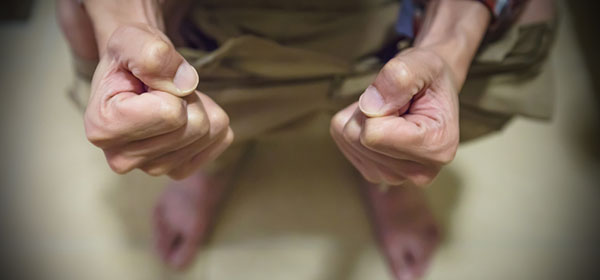They afflict pregnant women and new mothers, sportspeople, the man next door, the heavy lifters, or just anyone. While most suffer in silence – it’s rarely a popular topic of conversation – others have the spotlight thrust upon them.
Like retired Test opener Matthew Hayden. No doubt he would rather be remembered for his prowess with the cricket bat, but mention the word haemorrhoids, and any keen sports fan will mention his name. He had two operations in 2002 to remove painful haemorrhoids, and his very public absence from the team was the cause of some mirth.
Haemorrhoids are common. It’s only when they swell, and possibly bleed and become painful that they become a problem.
What are they?
WebMD explains: “You have clumps of veins in and around your anus and lower rectum that can stretch with pressure. When they swell or bulge, they’re called haemorrhoids. You can get them inside or just on the edge on the outside.”
What causes them?
Perhaps constipation and straining, diarrhoea, heavy lifting. They are certainly more common among older people, and when you’re overweight or pregnant. And if your parents had them, you’re a prime candidate.
The symptoms
One of the first signs of a haemorrhoid is pain, perhaps an itch, perhaps some bleeding when you go to the bathroom. However, those symptoms may also indicate another problem, so don’t assume they are haemorrhoids.
Treatment
At home, you can try non-prescription creams and wipes, an ice-pack, a soak in a bath of warm water. And an over-the-counter stool softener can make it easier to go to the bathroom.
If home remedies fail, head to your GP.
Your doctor may put special rubber bands or rings around internal haemorrhoids to cut off the blood supply until they shrink,” says WebMD. “This process is ligation. He can use heat to get rid of internal haemorrhoids, known as coagulation. Your doctor could also inject a chemical into the swollen tissue to break it down. This is called sclerotherapy.”
The last resort is surgery. For large or persistent haemorrhoids, a surgeon may need to cut out the swollen tissues.
Your diet
Dietitians say that if you have had haemorrhoids, what you eat can be important to minimise the chance of a recurrence.
“Soften your stool with fibre. Eat more leafy vegetables, fresh fruits, beans and wholegrain breads and cereals. Your doctor may also suggest a fibre supplement. Add fibre to your diet slowly since too much too fast can lead to gas and bloating. Drink lots of water to make it easier to go to the bathroom and to avoid constipation.”
Have you experienced haemorrhoids? What caused the problem? Did you find another solution?
Related articles:
Bowel habits explained
Breakfast in a glass
Health issues that mimic dementia
Health disclaimer: This article contains general information about health issues and is not advice. For health advice, consult your medical practitioner.

